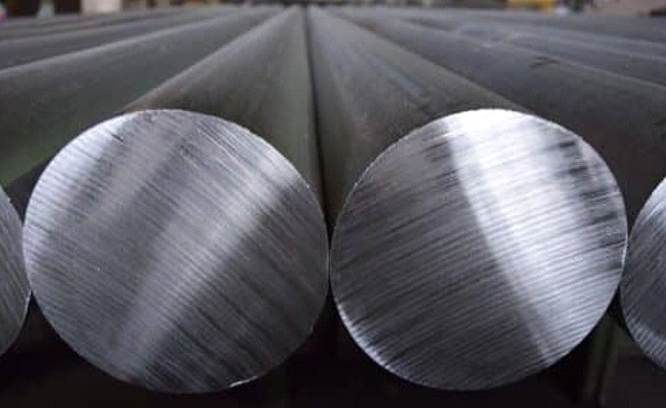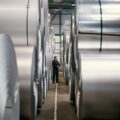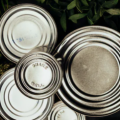The fight against the application of tariffs on tinplate imports below market value in the United States is intensifying among U.S. can makers. They argue that the proposal is baseless and will have a negative impact on their businesses, jeopardizing up to 40,000 jobs.
A representative of the U.S. Department of Commerce reported that manufacturers in Canada, Germany and China were found to be selling tinplate at prices lower than those established in their respective domestic markets.
The U.S. administration decided to impose initial tariffs to compensate for unfair competition in tinplate imports from Canada, Germany and China. This measure excluded five other countries, which came as a relief to can manufacturers who feared higher tariffs.
In addition, according to the Department, preliminary anti-dumping duties of 122.5% will be applied to tinplate imported from China, including the country’s main producer, Baoshan Iron and Steel. The department announced that preliminary duties of 7.02% will be applied to imports of tinplate from Germany, including Thyssenkrupp Company, and 5.29% to imports from Canadian producers, such as ArcelorMittal DOFASCO.
On the other hand, according to the Department of Commerce, no duties will be applied to tinplate imported from countries such as the United Kingdom, the Netherlands, South Korea, Taiwan and Turkey. This type of metal, which consists of a layer of steel coated with tin, is widely used in the manufacture of food cans, paints, aerosol products and other containers.
A representative also reported that the tariffs in China were high due to the lack of cooperation from one of the main producers during the investigation. In addition, other respondents were unable to prove their independence from the Chinese government, leading to a negative determination against them.
As early as February, a case was initiated that was being carefully watched due to a petition from a U.S. steel company called Cleveland-Cliffs. This company claimed that there was foreign dumping in the tinplate market, which had led to the closure of several production facilities in the United States in recent years.
Last June, it was announced that the Department of Commerce had decided to impose preliminary duties of 543% on imports of tinplate from Baoshan Iron and Steel and 89% on other Chinese companies, as a result of a parallel and separate investigation.
The countries named in Thursday’s determination were not under investigation for illegal subsidy cases. Initially, it was feared that the tariffs would be too high, however, Cleveland-Cliffs’ initial petition to the Department of Commerce was requesting anti-dumping duties ranging from 60% to 296% on imports from Canada, Germany, the United Kingdom, South Korea, the Netherlands, Taiwan and Turkey. In the end, tariffs were much lower than expected.
A representative of the Department of Commerce reported that five countries were able to avoid paying tariffs, which are equivalent to half of U.S. imports of can steel. China accounts for approximately 14%, while Canada and Germany account for 30% each.















